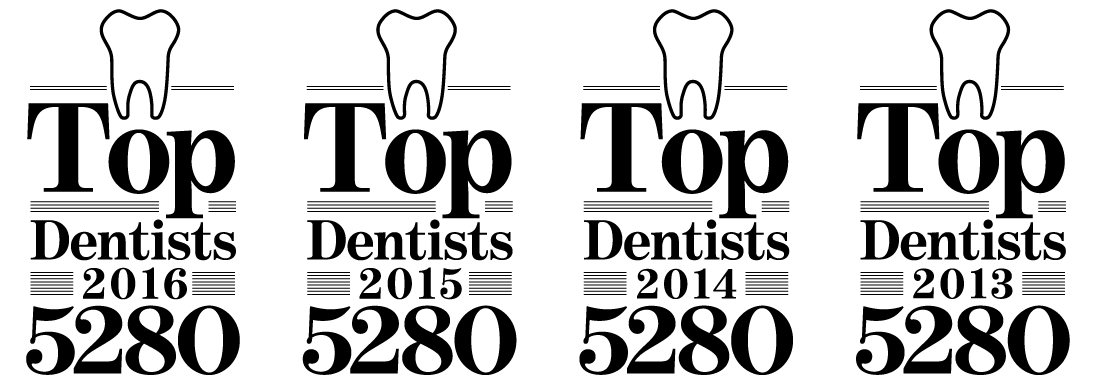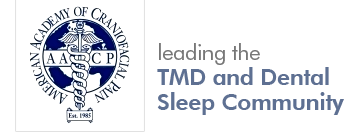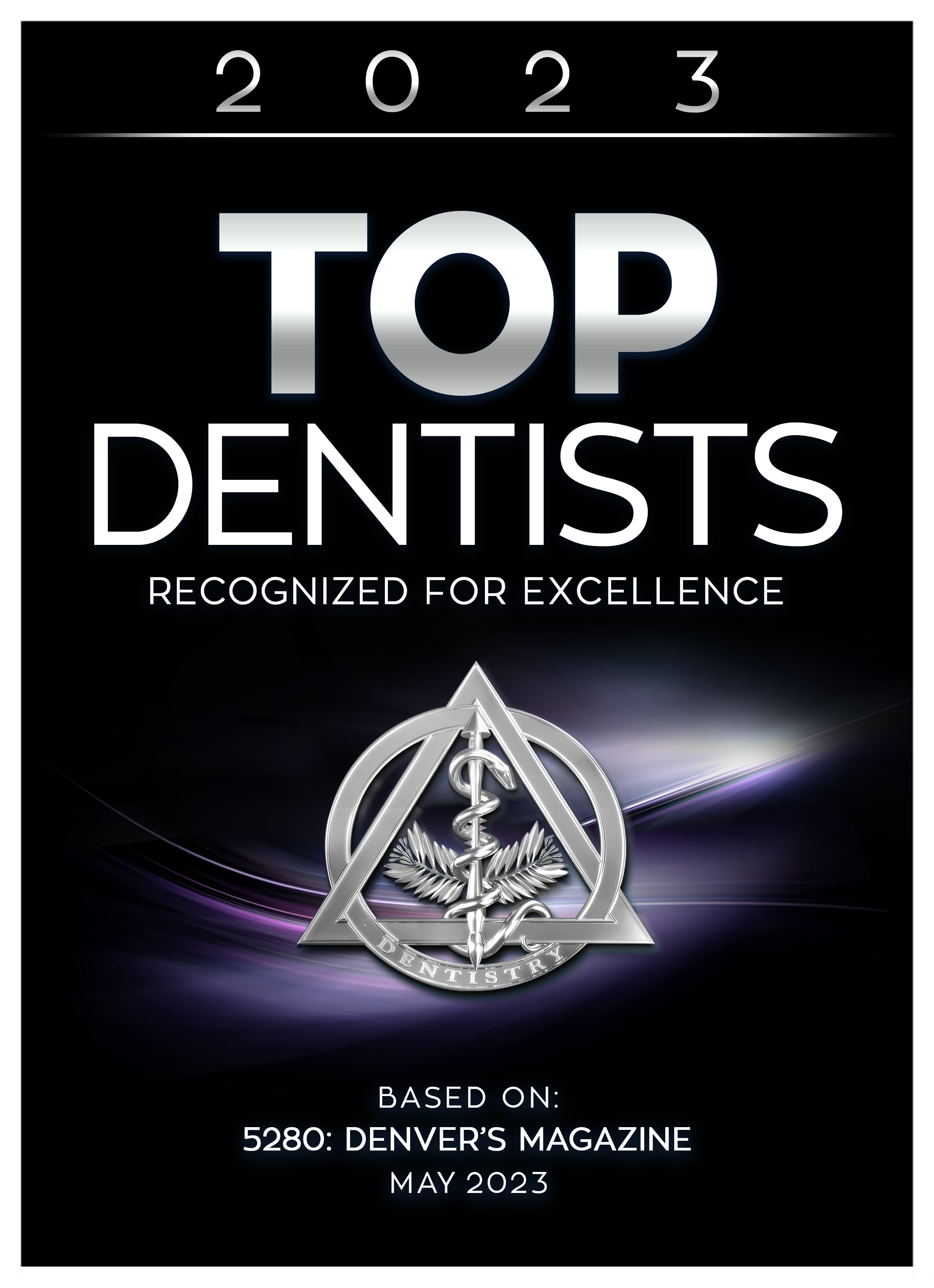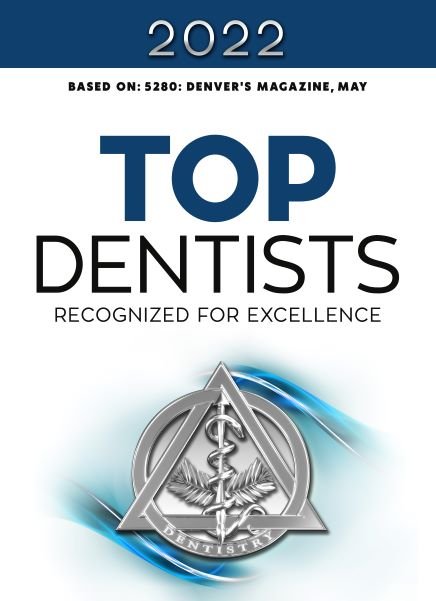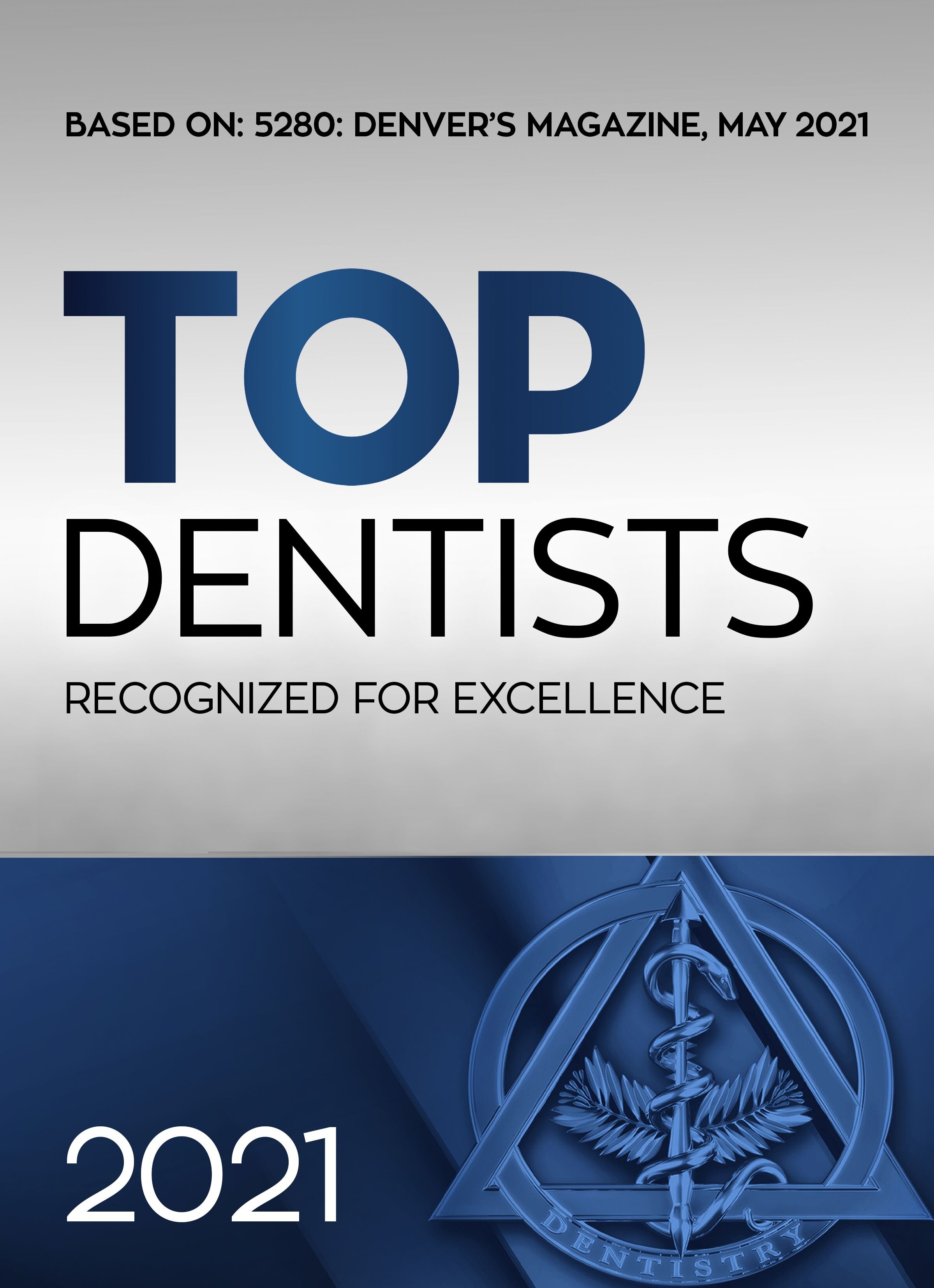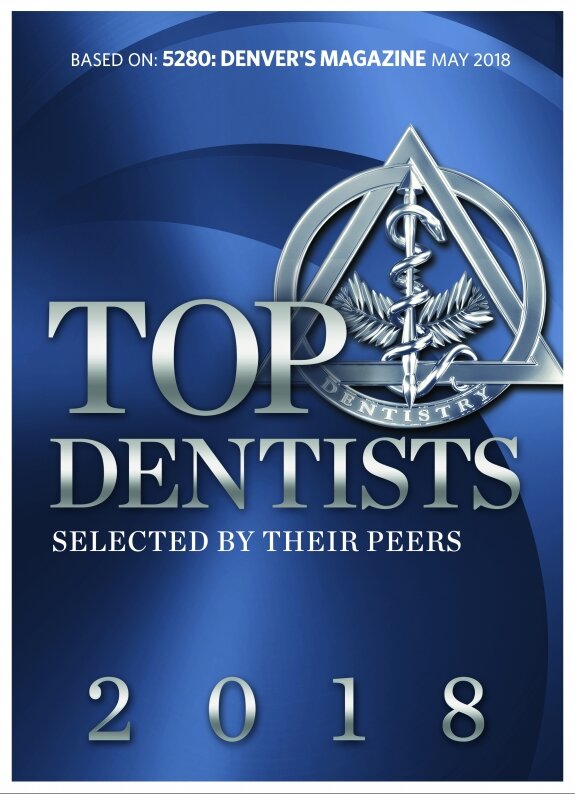What is TMD?
TMJ disorders frequently result when the chewing muscles, the teeth and the TMJ (temporomandibular joint) do not work together properly. Some common causes are trauma, stress, neck and shoulder tightness, and clenching. TMD is an umbrella term covering pain and dysfunction of the TMJ, muscles used moving the jaw and the surrounding fascia. Dental occlusion (bite) is often related or causative in TMJ problems. TMD is not life-threatening though symptoms can sometimes mimic those of a heart attack. It is a significant detriment to quality of life. Without treatment, the symptoms can become chronic and difficult to manage. TMD can affect a person's ability to speak, chew, swallow, make facial expressions, and even breathe.
Research indicates that TMD is a complex disease like hypertension or diabetes involving genetic, environmental, behavioral, and gender-related factors. Scientists have found that most patients with TMD also experience pain and disruption in other parts of the body. These conditions include chronic fatigue syndrome, chronic headache, endometriosis, fibromyalgia, interstitial cystitis, irritable bowel syndrome, low back pain, sleep disorders and valval pain.
TMD can be caused by a range of factors including autoimmune diseases, infections, injuries to the jaw area, insertion of breathing tubes before surgery, and various forms of arthritis. The observation that jaw problems are commonly found in women in the childbearing years has also led to research to determine the role of female sex hormones, particularly estrogen, in TMD. Environmental factors such as habitual gum chewing or sustained jaw positions, such as resting a phone on your shoulder, may also contribute to TMD.
““TMD is not life-threatening, but it is a significant detriment to quality of life.””


